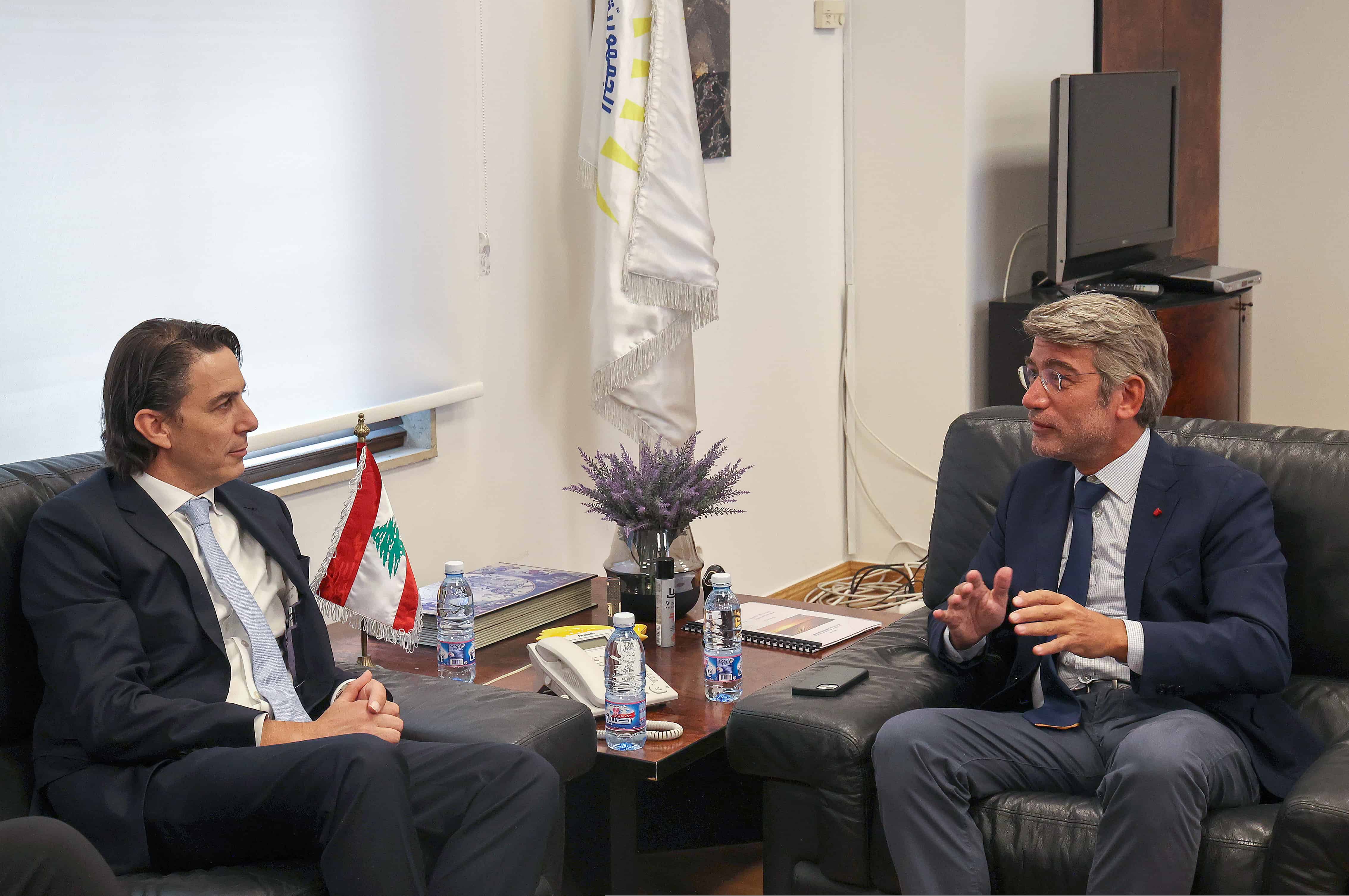An American envoy on Monday expressed optimism that Lebanon and Israel could move towards a maritime border deal to settle competing claims over offshore gas fields.
The maritime border dispute between the neighbours escalated in early June, after Israel moved a production vessel near the Karish offshore field, which is partly claimed by Lebanon.
The move prompted Beirut to call for the resumption of US-mediated negotiations on the demarcation dispute.
“I remain optimistic that we can make continuous progress as we have over the last several weeks and I look forward to coming back to the region and being able to make the final arrangements,” Amos Hochstein told reporters after meeting Lebanon’s top leaders.
Hochstein is carrying an Israeli proposal in response to a demarcation offer made by Lebanon last June.
This was the envoy’s second visit in less than two months.
On Monday, he met with president Michel Aoun, Prime Minister Najib Mikati and speaker Nabih Berri at the presidential palace.
Lebanon is looking to clinch “a deal that preserves its rights and its wealth and that could provide, as soon negotiations are over, an opportunity to revitalise the economy,” Aoun said before Monday’s meeting.
Lebanon and Israel have no diplomatic relations and are separated by a UN-patrolled border.
They had resumed maritime border negotiations in 2020 but the process was stalled by Beirut’s claim that the map used by the United Nations in the talks needed modifying.
Lebanon initially demanded 860 square kilometres (330 square miles) of territory in the disputed maritime area but then asked for an additional 1,430 square kilometres, including part of the Karish field.
Israel claims that the field lies in its waters and is not part of the disputed area subject to ongoing negotiations.

